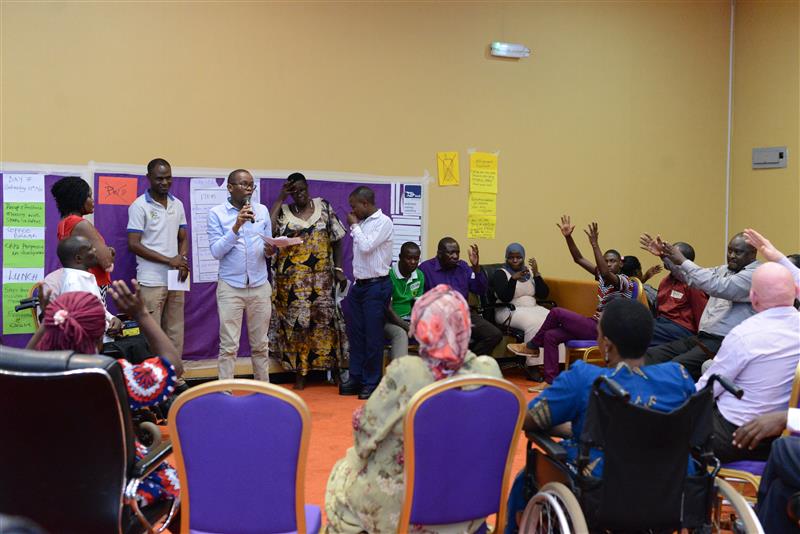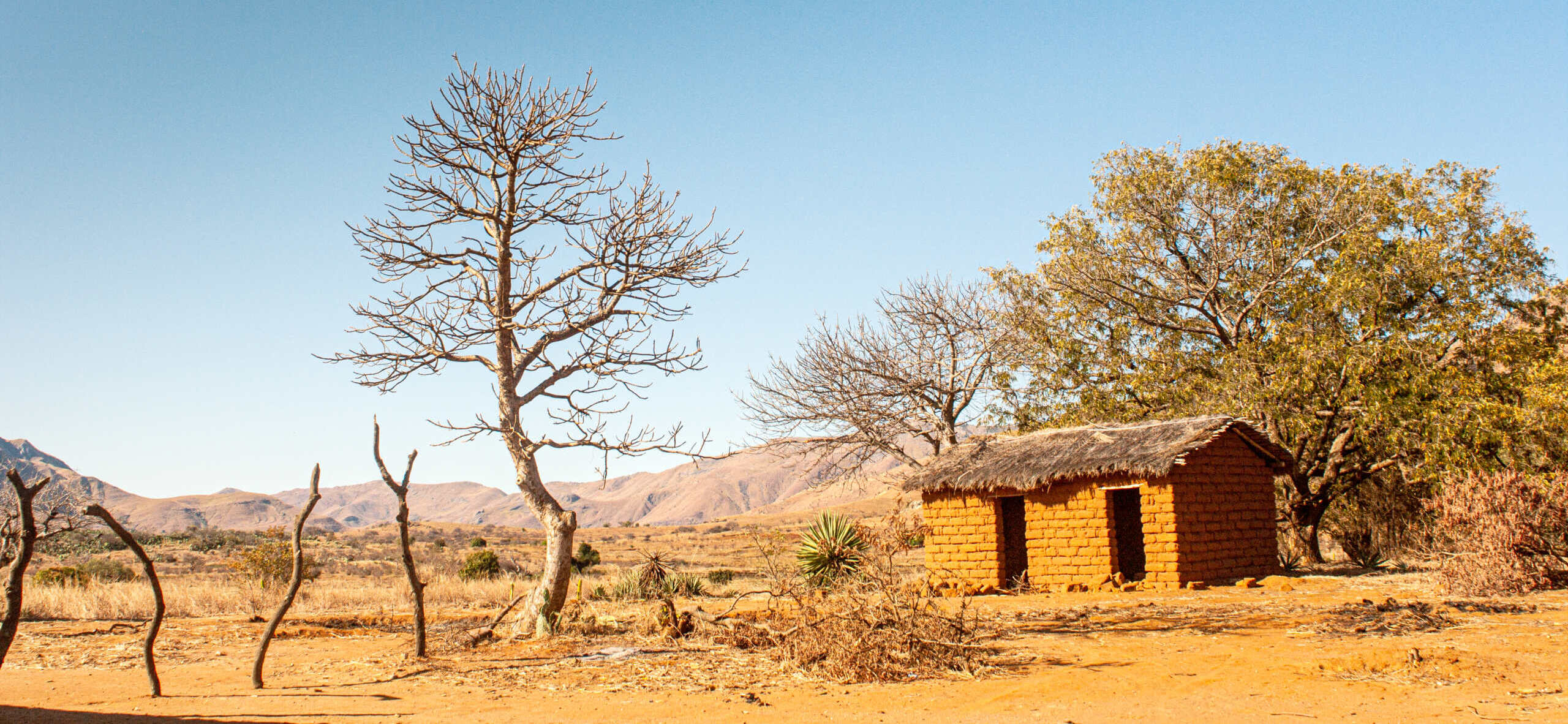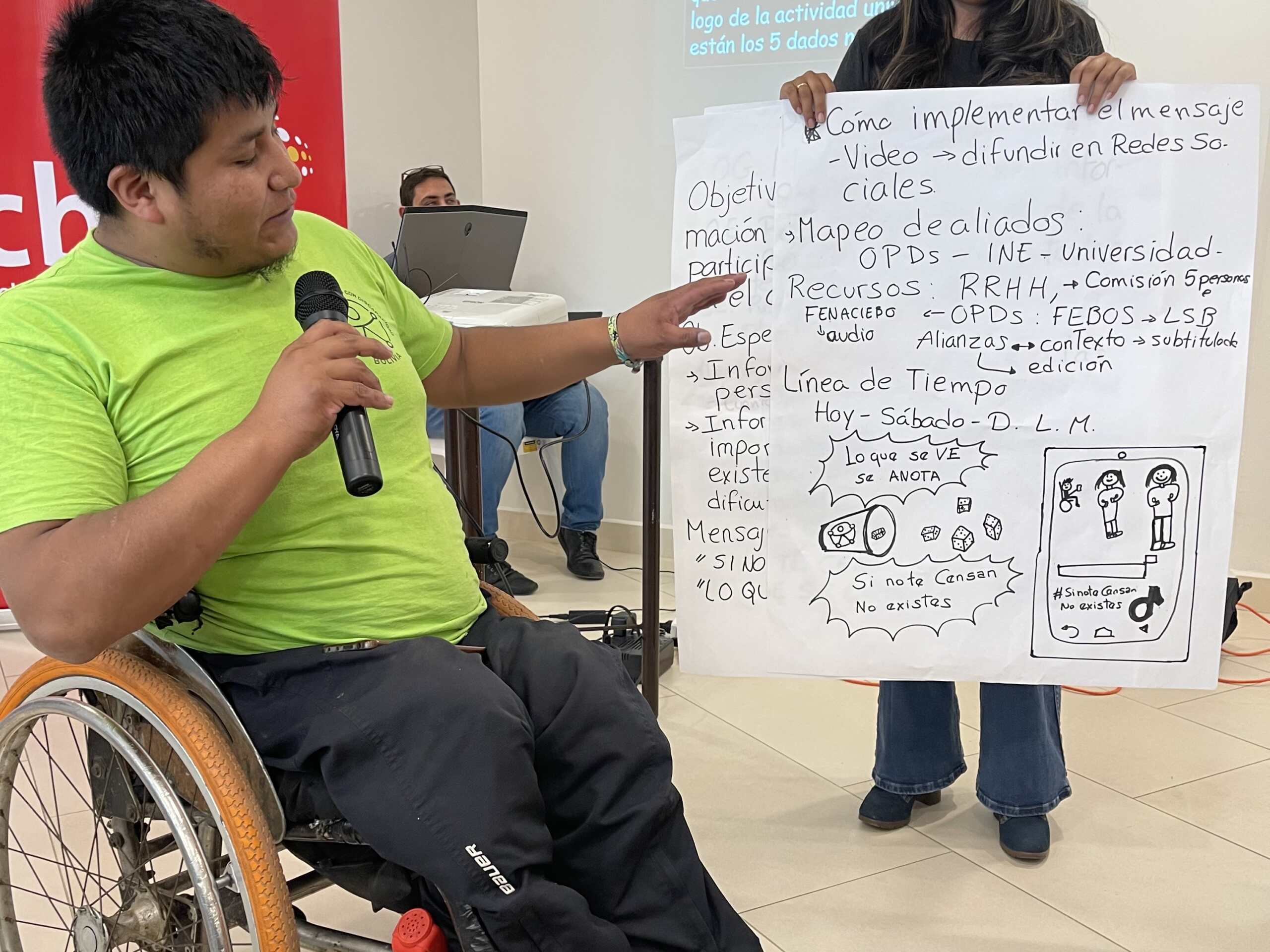Breaking Stigma, Building Hope: Suicide Prevention in Nepal
Blog | September 10, 2025
After losing her young daughter to suicide, Maya developed a mental health condition while living in a remote village. Connecting her with mental health services and social protection assistance improved her well-being. Support from a trained village health worker and participation in a peer support group offered by CBM Global helped Maya find the hope and strength to move forward.
Stories like Maya’s remind us that behind every statistic is a family, a community, and a future at stake. Every year, more than 700,000 people die by suicide worldwide. On this World Suicide Prevention Day, CBM Global reaffirms our commitment to saving lives and protecting dignity through rights-based mental health initiatives.
In Nepal, where stigma and scarce resources make it difficult to seek help, people with psychosocial disabilities, our partners, and CBM Global are taking action. Guided by the World Health Organization’s LIVE LIFE approach, we are working with people with lived experience, people at risk, affected families, communities, youth groups, schools, health systems, local government, and national helpline services to prevent suicide and promote mental health for all.
Mita Rani Roy Chowdhury, regional mental health advisor, Asia of CBM Global, and Rita Gautam, senior programme officer of CBM Global Nepal, reflect on what suicide prevention means — not only as part of our work, but also as part of the communities we live in and learn from.
Breaking stigma, building hope
Change often starts with conversation. People with lived experience are leading awareness campaigns, while community radio, social media posts, and neighbourhood dialogues are helping to bring mental health out of the shadows. These conversations challenge stigma, help identify at-risk people, and encourage more people to seek support.
Building care that respect rights
Strong systems save lives. In Nepal, health workers and volunteers are being trained to provide mental health support that is effective, compassionate, and rooted in human rights. This ensures that people in crisis can access care that respects their dignity.
Connecting the national social protection initiatives and the suicide prevention helpline centre ensures people will have access to a diverse continuum of care.
Support that lasts
No one should have to go through crisis alone. Peer groups are providing safe spaces for survivors and families to heal together. At the same time, local governments are shaping inclusive mental health policies and suicide prevention plans and gradually increasing the investment to make support sustainable.
Stories that heal, not harm
The way suicide is talked about matters. Journalists are receiving training on how to report responsibly, avoiding harmful stereotypes and focusing instead on hope and recovery. Communities are also advocating for practical changes, such as limiting access to pesticides, which remain one of the most common means of suicide.
First responders for mental health
When someone is in crisis, quick and compassionate action can save lives. Police officers, health staff, and community volunteers are learning Gatekeeper and Psychological First Aid skills to respond effectively, creating a stronger safety net for people at risk.
Proactive measures and building community responsibility
Supporting school initiatives and collaborating with youth clubs promote mental health and suicide prevention efforts. Community-based suicide prevention committees play a crucial role by overseeing and implementing locally adapted strategies to save lives.
Turning policy into protection
Prevention also means addressing environments that put lives at risk. In Nepal, efforts are being made to make public spaces safer and to reduce access to harmful substances. For example, by installing protective barriers on bridges and placing the national suicide prevention helpline in risk zones or hotspots. These steps show that suicide is preventable, and that practical action can protect lives.
Hope Through Action
World Suicide Prevention Day is a moment to remember that each of us has a role to play — whether by listening, speaking out against stigma, supporting someone in need, or advocating for safer communities.
In Nepal, and in many other parts of the world, suicide prevention is still a journey. But every time stigma is broken, every time a crisis is met with care instead of silence, we take a step forward.
Today, we invite everyone, colleagues, partners, and communities, to be part of that journey. Because together, we can protect dignity, prevent loss, and nurture hope.
https://cbm-global.org/blog/breaking-stigma-building-hope-suicide-prevention-in-nepal
Related News

Accessibility, reasonable accommodation, and budgeting for inclusion
Budgeting for inclusion, accessibility, and reasonable accommodation must be...

OPDs Lead Climate & Disability Advocacy Training across Eight Countries
CBM Global, in partnership with disability, youth and climate...

Increased representation of persons with disabilities
This blog is written by Elizabeth Lockwood, CBM Global's representative to the United Nations. In...
